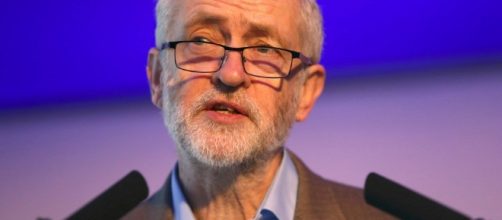Over the past few days, Jeremy Corbyn and the Labour Party more broadly have come under significant pressure from former Prime Minister, Tony Blair, and former first secretary of the state, Peter Mandelson, over their lack of opposition to Brexit. However, allies of Corbyn have insisted that he will continue as leader of the Labour party regardless of Labour's performance in upcoming byelections in Stoke-on-Trent and Copeland.
A crucial couple of weeks for Labour and Corbyn
Labour is optimistic that they can cling to both seats following the resignations of Tristam Hunt and Jamie Reed.
Recent polls have shown that Labour faces two tough contests, though: In Stoke, Ukip have placed leader Paul Nuttall on the ballot in an attempt to capitalise on anti-immigration sentiment and the Conservative Party have taken advantage of Corbyn's opposition to nuclear power to gain ground in Copeland.
One of Corbyn's closest allies, Diane Abbott, has reiterated that she believes that Corbyn will lead Labour into the 2020 general election, stating that there is no need for a contingency plan for Corbyn's successor. 'Over the coming weeks, we have some difficult byelections. They're going to be close. We are optimistic that we can retain these seats but it is crucial that every Labour supporter comes out and supports the party,' Abbott said.
Corbyn criticism not going away
When asked about Corbyn's future as leader of the party if Labour lose both seats, Abbott said: 'There are people that have been in opposition of Corbyn from the beginning. That won't change if we lose both seats. We have to move forward as a united party'.
One anonymous Labour MP who has been a regular critic of Corbyn, stated: 'MPs will continue to refrain from public criticism of Corbyn as he would have to leave on his own terms if he wishes to give up the leadership. There is no appetite for another drawn out leadership contest. Besides, there is no clear candidate to run against Corbyn'.
Polling has indicated that Labour is in a weak position nationally-recent polls have shown that support for Labour is at the lowest since 2009 when Gordon Brown was Prime Minister.

